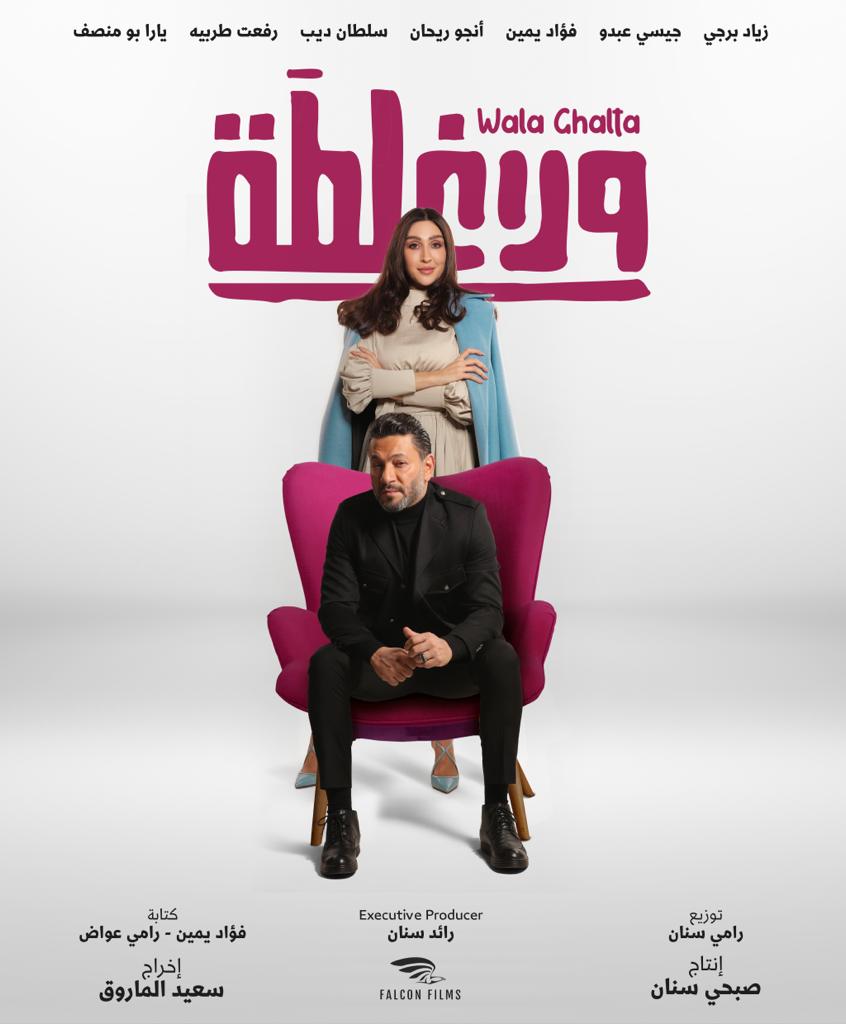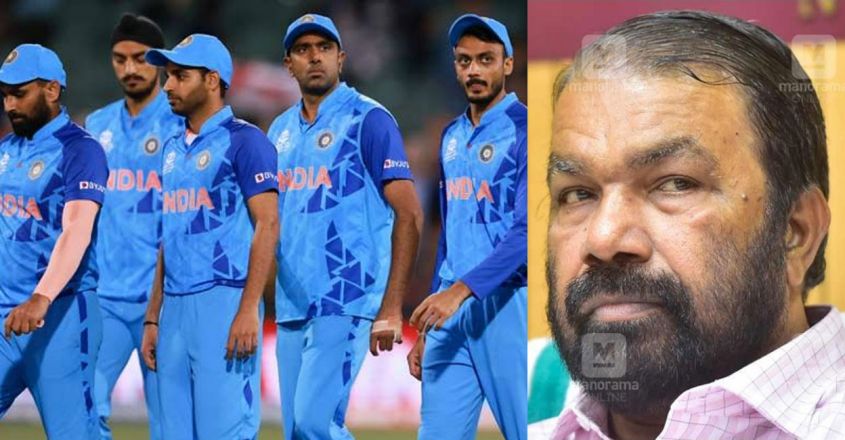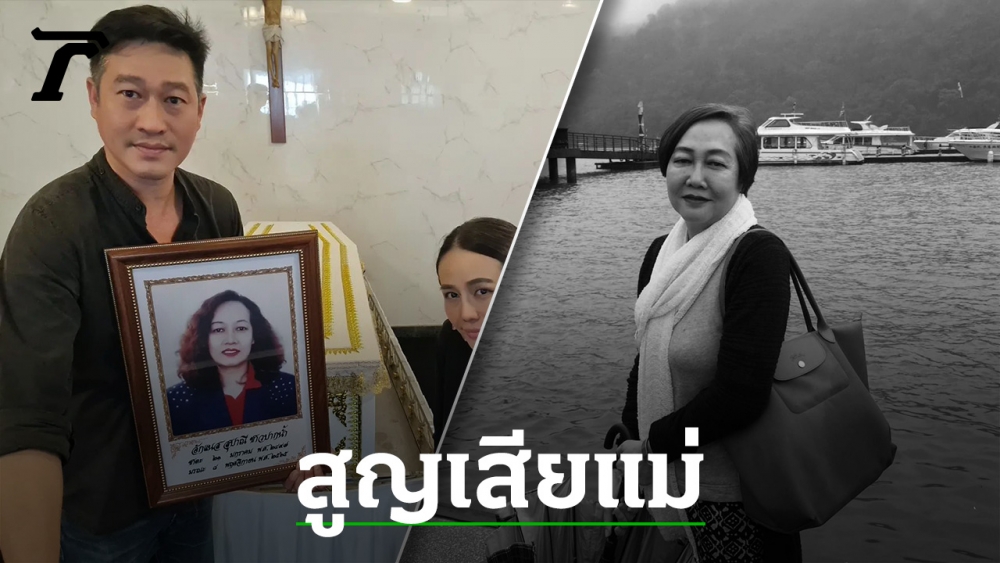It seems that “the world does not give up” and clean and harmless work creates affection and honesty among the people of the institution, so what is the situation in the Lebanese art-film community that has been exhausted by the Corona crisis finance and the closing doors, while some Lebanese art people still insist on a purely Lebanese work that High quality and “no mistake”?
This case applies to the shooting process and scenes of the film “No Mistake”, starring Ziad Bourji, and directed by Saeed Al Marouk, who led heroes who fought a battle in every sense of the word. What Ziad, Saeed and the actors have combined, “harness the goodness of the heart” and create creativity from the womb of pain.
Burji explains: “It is known that the spending ceiling of Lebanese cinema in terms of how much is spent on production, because Arab competition is still developing, especially after the disaster of the explosion of the port of Beirut, which buried any (psychological) for artistic work and there is no longer a driving force for the work of any director, actor or product A.
He adds: “Yes, I took advantage of my friendship with director Saeed Al Marouk and executive producer Raed Sinan, and my friendship with all the actors in the film, including Jesse Abdo, Fouad Yammine, Anju Rihan, Sultan Deeb, Rafaat Tarabay , Yara Bou Monsef, Khitam Al Laham, Rami Sinan, Sobhi Sinan, Fouad Yammine and Rami, Awad and many other creators, because the creator works under these conditions without material matters being a basis in this relationship. Marouk requires everyone’s sacrifices and adventure to present a creative work with all the technical and artistic advantages, especially since it was called (and it was not a mistake) at the insistence of the Marouk, and we worked with all our strength and (we have revealed our creation with work). “
In an interview with the Lebanese Forces website, Bourji observes: “This film was shot with the last holiday decorations in Lebanon we saw in 1500, the beginning of the financial crisis and the Corona epidemic, and the work it was interrupted for a period following those crises and the revolt of October 17, 2019 “.
He reveals: “Many times, he continued filming for 38 hours or more, for fear of blocking roads. And there are many videos from those days that we will share with people, through the forces website, which for me has always been an open door that does not lock. I will continue my views through this respected corner of the media and through all other respected media sites and stations, to share Lebanese creativity, despite all the pains, as demonstrated by Lebanese basketball, the Maya and other signs of Lebanese creativity ”.
The “exploitation” of Burji’s “Taiba Qalbou” and the artists’ trust in him, especially during the preparation of “No Mistake”, did not stop only at the representative-productive aspect, but moved to the lyrical level. He played luck with Ziad, Dolby Atmos certified finally reached JMR Studios, and Lebanese composer and composer Jean-Marie Riachy launched the region’s first state-of-the-art Dolby Atmos certified room. It features the world’s latest spatial sound technology, designed to add new vitality and another dimension to musical and cinematic experiences. Riachi dedicated this study to the musical works of “No Mistake”.
My sign affirms with extraordinary faith, saying: “Our Lord accompanies me in all the details of my life, and when they tell me that I am lucky, I say that I am sick, and this is an answer to everything that happens to me.” And he adds: “I have been in Riachy with many works for more than 20 years, including the first songs I pitched (I miss you) from the words of the late Issam Zoughaib, and we communicate continuously”, noting that “by chance, we found ourselves in a musical occasion that Riachi was undertaking, with the participation of his friend Tony.
And he reveals, about the “songs prepared during the film”, the first one, entitled (I got you, from the melodies and words of Ahmed Madi, and distributed by Alex Maskian). As for the second, entitled (Owned by me), composed and written by Ahmed Madi and distributed by Tariq Tawakkul.
Burji appeals to Lebanese composers, urgently urging them to “not be swayed by the current atmosphere, adhere to the authentic Lebanese melody, the Lebanese division and specifics required, and the Lebanese style which has its own special character in terms of dialect and accent in the pronunciation and execution of the lyrics of the songs.

.jpg)

